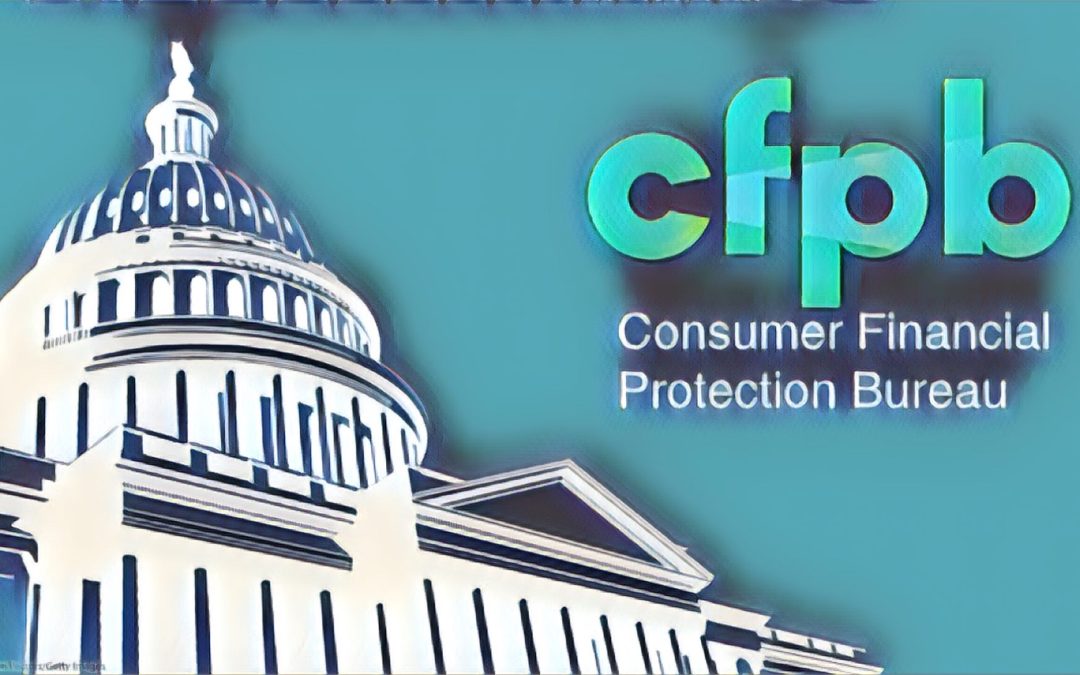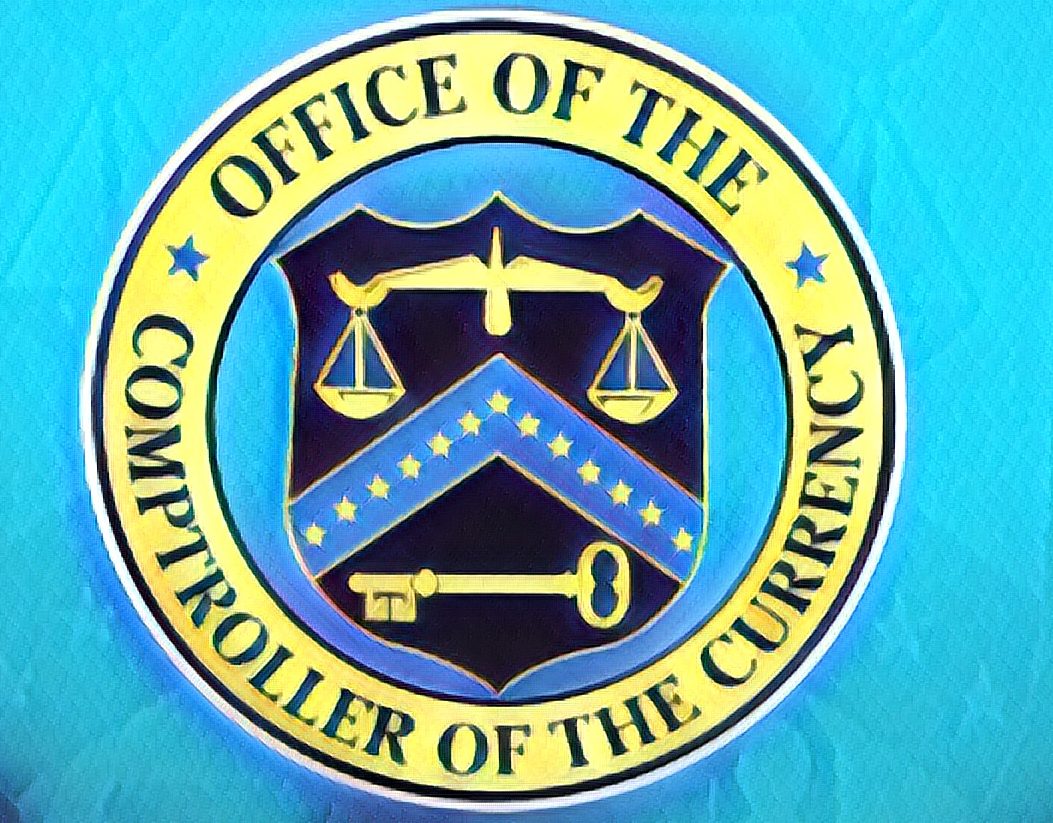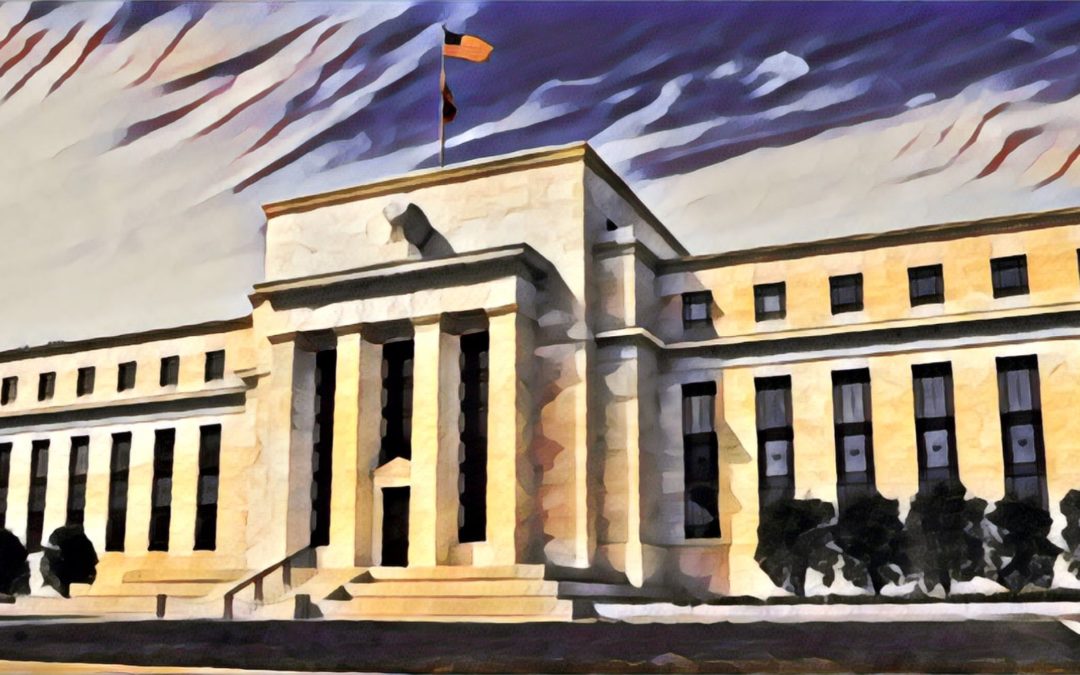The
NATIVE FINANCE SUMMIT
October 5-7, 2026
Hard Rock Hotel & Casino – Tulsa, Oklahoma
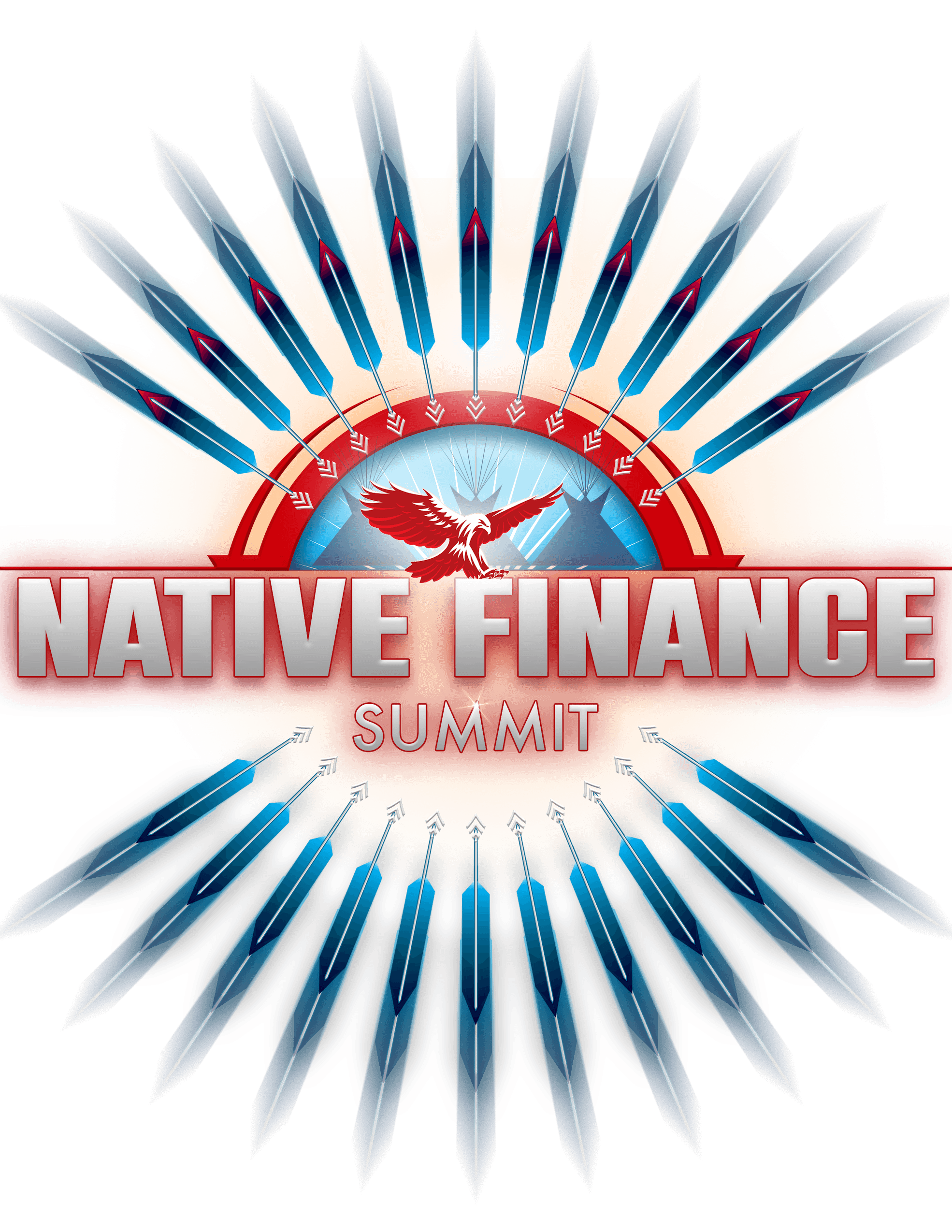
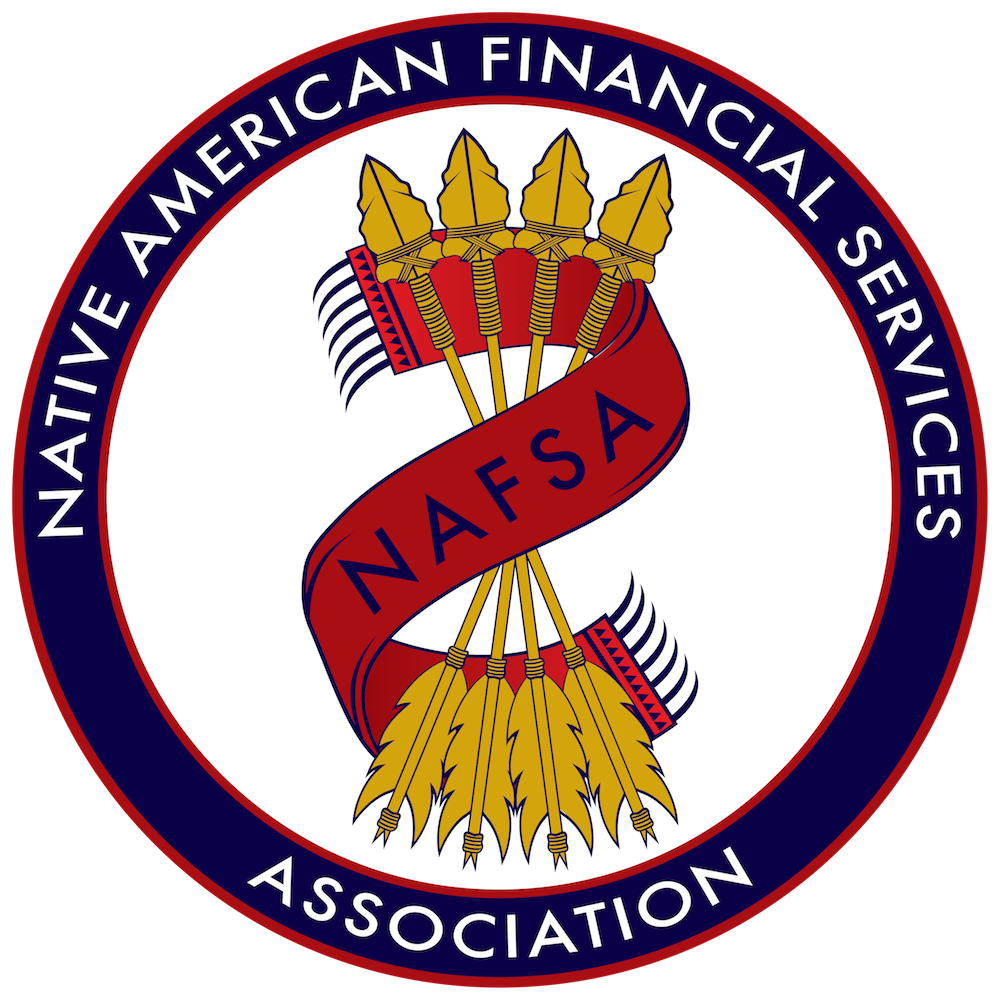
The NAFSA Difference: Tribal Financial Advocacy Built for Impact
While many organizations work to uplift Tribal economic opportunities, NAFSA stands alone as the only 501(c)(6) trade association solely focused on Tribal financial services advocacy. Our structure empowers us to engage directly—and persistently—with lawmakers, regulators, and federal institutions to shape policy and protect sovereignty.
NAFSA ADVANTAGE
501(c)(6) Trade Association
Exclusive Focus on Tribal Financial Services
Governed by Tribal Nation Leadership
Frontline in Emerging Financial Technology
Complementary, Not Redundant
WHY IT MATTERS
Enables ongoing political lobbying and policy influence—unlike charitable nonprofits
No mission drift—our members’ financial sovereignty and innovation are our sole mission.
Authenticity through Tribal-led voting structure, not outside control.
Shaping Tribal engagement in crypto, DeFi, sovereign fintech, and digital finance
We fill a unique advocacy role, not duplicating charitable or educational orgs.
The Latest Financial News
CFPB Says Certain Earned Wage Access Products Are Not Credit
On December 23, the CFPB issued an advisory opinion concluding that certain earned wage access (EWA) products fall outside the definition of credit under the Truth in Lending Act (TILA) and Regulation Z. In so doing, the Bureau formally withdrew a Biden-era proposed interpretive rule that would have treated all…
21 States Challenge CFPB Defunding Strategy in Federal Court
A coalition of 21 states and the District of Columbia filed suit on Monday seeking to block what they describe as the Trump Administration’s unlawful defunding of the Consumer Financial Protection Bureau (CFPB). The lawsuit targets actions taken by CFPB Acting Director Russell Vought, who has refused to request additional…
OCC Flags Debanking Practices at Nine Large Banks
Last week, the Office of the Comptroller of the Currency released preliminary findings from a supervisory review of “debanking” practices at nine of the largest national banks it oversees, concluding that the institutions “made inappropriate distinctions among customers” by maintaining policies that restricted access to services or required escalated reviews…
Senior CFPB Official Resigns, Citing No Path Forward for Enforcement Program
The Consumer Financial Protection Bureau’s principal deputy enforcement director, Michael Salemi, announced his resignation last week, becoming the third enforcement leader to depart the agency this year amid the Trump Administration’s efforts to halt most CFPB investigations and litigation. Salemi, a longtime career staff member, told colleagues in an email…
State Attorneys General Press Major BNPL Firms for Lending Details
Seven state attorneys general last week launched a multistate inquiry into leading Buy Now, Pay Later (BNPL) lenders, sending formal inquiries to companies including Affirm, Klarna, PayPal, Afterpay, Sezzle, and Zip. The letters requested detailed disclosures about the companies’ pricing, repayment terms, underwriting standards, and dispute handling processes. The effort,…
CFPB Shifts Active Litigation to DOJ As Funding Runs Dry
Last week, the Consumer Financial Protection Bureau (CFPB) announced it will transfer its remaining enforcement and litigation duties to the U.S. Department of Justice (DOJ) amid what it described as an imminent funding shortfall. The Bureau, under Acting Director Russell Vought, informed courts that it anticipates exhausting available funds by…
Appeals Court Clears Way for Colorado to Enforce Interest Rate Caps on Out-of-State Loans
Last week, Colorado secured a major legal victory allowing the state to enforce its 36 percent interest rate cap on consumer loans made to residents, even when those loans originate from out-of-state banks working with fintech lenders. In 2023, Colorado passed legislation to opt the state out of the Depository…
Trump Administration Says CFPB May No Longer Legally Request Funds from Federal Reserve, Setting Tentative Shutdown Date of Early 2026
The Trump administration has officially determined that the Consumer Financial Protection Bureau (CFPB)’s current funding mechanism is unconstitutional and the agency may no longer request funds from the Federal Reserve. The CFPB anticipates having sufficient funding to continue operations until December 31, 2025. Barring legal developments, this sets the Bureau…
Federal Reserve Reducing Bank Supervision Staff By 30 Percent
The Federal Reserve is planning to reduce its banking supervision staff by 30 percent by the end of next year, which would cut the supervision and regulation division from a previous authorized staff count of 500 down to roughly 350. Fed Vice Chair for supervision Michelle Bowman announced the staff…
CFPB Rescinds Nonbank Registry Rule
The Consumer Financial Protection Bureau (CFPB) is rescinding two rules finalized during the Biden administration, including the nonbank registry rule, which required nonbanks to register and report violations of both local and state court orders. The decision was supported by mortgage trade groups, who said it reduces compliance burdens and…
The Impact of Tribal Financial Services: Case Studies
Coming from a history of staggering unemployment rates, limited opportunities, and lack of access to fundamental resources, Tribal Nations began sovereign lending businesses to create real change for the future. Subsequently, e-commerce has been a vehicle for supporting economic growth, Tribal services, and Tribal development. These are their stories.
Policy & Advocacy for Tribal Finance in the Digital Economy
NAFSA is actively shaping the policy landscape that governs the future of Tribal finance.
As the only national 501(c)(6) trade association focused exclusively on Tribal financial services, NAFSA continues to protect and advance sovereign Tribal financial services while also leading the national advocacy agenda around digital finance innovation in Indian Country.
We engage directly with federal agencies, policymakers, and regulatory bodies to ensure that Tribal Nations are not only included—but prioritized—in emerging financial policies related to:
Cryptocurrency and blockchain regulation
Decentralized finance (DeFi) and digital asset frameworks
Stablecoin policy and its implications for Tribal monetary sovereignty
Sovereign fintech regulation and Tribal digital financial infrastructure
Digital lending, e-commerce, and financial technology platforms under Tribal law
NAFSA advocates for Tribal governments’ inherent right to define, regulate, and benefit from these technologies on their own terms—free from preemption or exclusion by state or federal authorities. This includes advocating for Tribal Nations to have a clear and protected role in the evolving stablecoin ecosystem—whether as participants, regulators, or potential issuers—ensuring these tools can support digital commerce, payments, and long-term economic self-determination under Tribal jurisdiction.
Through ongoing policy development, lobbying, and strategic engagement, NAFSA is securing a future where digital finance is a tool for Tribal empowerment—not exclusion.


Our Mission
To advocate for Tribal sovereignty, promote responsible financial services, and provide better economic opportunity in Indian Country for the benefit of Tribal communities.

Promoting Tribal Consultation in Federal Policymaking
Engaging federal agency leadership to promote Tribal consultation and protect sovereignty in regulatory policymaking.

Convening Leadership at the Native Finance Summit
Hosting the Native Finance Summit to unite leaders and drive innovation in Tribal economic development.

Legal Advocacy Through Amicus Briefs
Advancing Tribal sovereignty by filing amicus briefs that shape legal precedent in key federal and Supreme Court cases.

Supporting Tribes in Emerging Financial Technologies
Supporting Tribal Nations through education and awareness to explore, understand, and shape their role in emerging financial technologies.

Coordinating Congressional Advocacy on Capitol Hill
Coordinating Capitol Hill Day to empower Tribal leaders in advocating directly with Congress on sovereignty and economic priorities.

Strengthening Tribal Financial Governance
Supporting Tribal governments in building strong financial oversight and regulatory infrastructure.

Narrative Change & Public Engagement
Shaping public understanding through narrative change, media outreach, and coalition-building.

Establishing Industry Standards
Setting industry best practices that ensure Tribal financial services are compliant, transparent, and sovereignty-driven.

Workforce Development
Building Native workforce pipelines through training, mentorship, and education.



